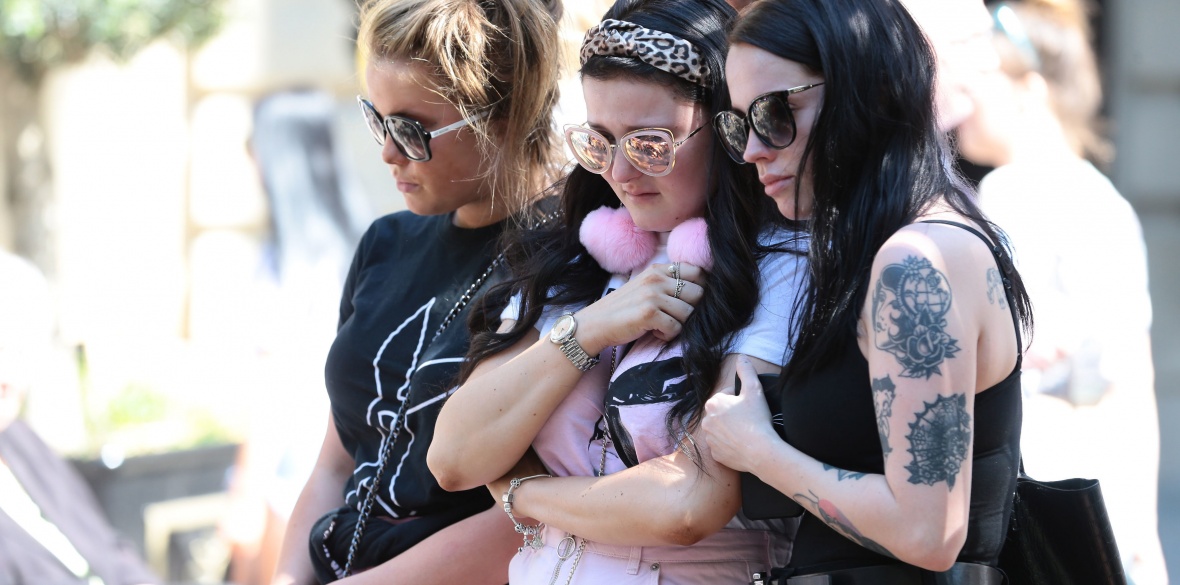This is the last article you can read this month
You can read more article this month
You can read more articles this month
Sorry your limit is up for this month
Reset on:
Please help support the Morning Star by subscribing here
CUTS to local services and social inequalities in the city may have had an effect on the risk of radicalisation, a report commissioned in the wake of the Manchester Arena attack has found.
The report, published today by the Greater Manchester Tackling Hateful Extremism and Promoting Social Cohesion Commission, found that “reductions in public services have increased isolation in communities.”
The lack of such services meant there was now “little opportunity for people from both similar and different backgrounds to meet naturally and have conversations, [which] is likely to have exacerbated fear and suspicion of different communities,” the commission found.
The commission called for “increased investment” in youth services and activities, as “opportunities for young people to discuss difficult topics and have safe places to go and socialise with peers are fundamental to the development and protection of young people.”
It also found that “significant inequalities” in both Greater Manchester and Britain as a whole had been “exacerbated” by reductions to public and community services, which in turn has led to “increased levels of youth-related anti-social behaviour.”
The report also found that a “perpetuating cycle of lack of information” about the government’s much criticised Prevent counterterrorism strategy had caused “genuine fears” of persecution among Muslims but claimed the strategy was “working well” in the region.
The commission was set up by Greater Manchester Mayor Andy Burnham following last May’s suicide bombing, which killed 22 people, to “promote and build on the positive and unified response” to the attack.
It found that “in spite of the overwhelming community spirit” following the attack, there had been an “increase of fear and intolerance.”
Greater Manchester Police recorded “a 130 per cent rise in hate crime, including a 500 per cent rise in Islamophobic-related hate crime.”
Shockingly, the report found 65 per cent of respondents to its survey reported being a victim of “hateful behaviour.”
Hate crime based on ethnicity was the most frequently reported (33 per cent), followed by hateful behaviour based on gender (30 per cent) and disability (11 per cent).







